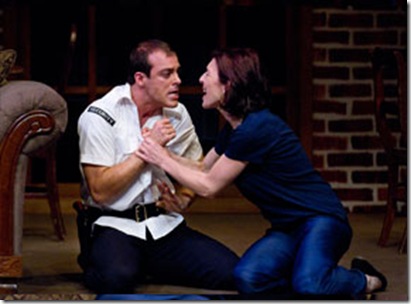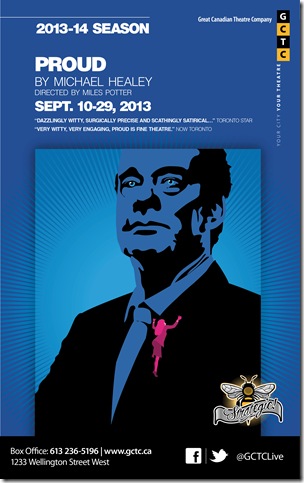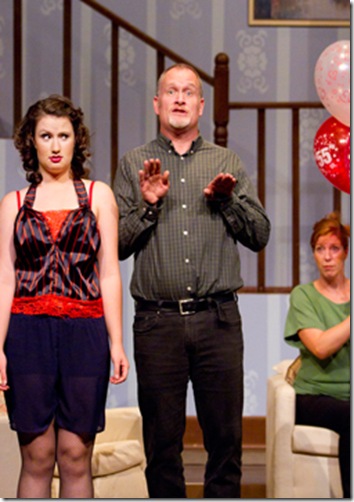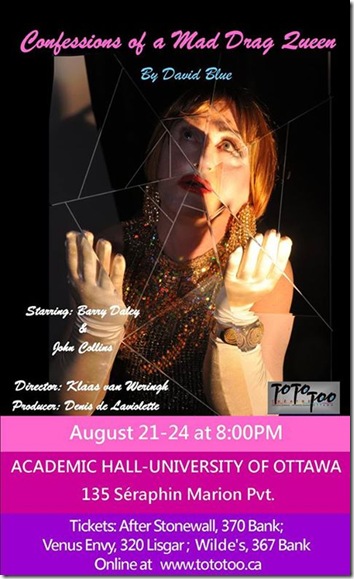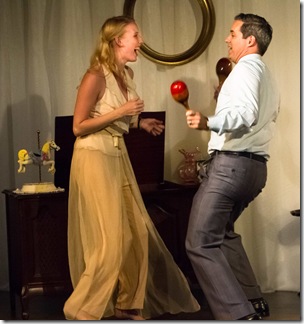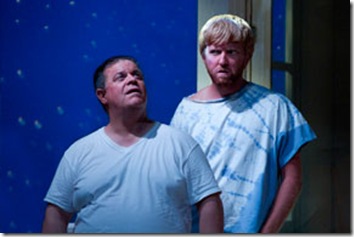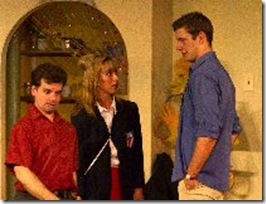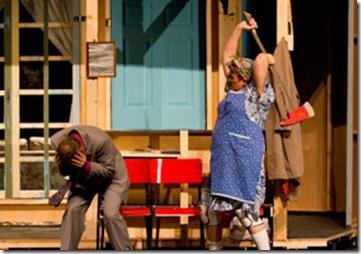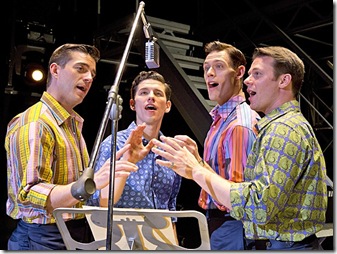Deadly Murder: Dead copy of format in murderous script
Photo: Maria Vartanova
Deadly Murder feels a lot like a weak rewrite of Ira Levin’s Deathtrap. In fact, playwright David Foley describes his thriller — originally entitled If/Then — as being in the tradition of Sleuth and Deathtrap.
Anthony Shaffer’s Sleuth was written in 1970. Ira Levin’s Deathtrap (last performed at Ottawa Little Theatre earlier this year, during its 100th season) was written in 1978. Both revolve around murderous game playing and shocking audiences when the dead or almost dead come back to life.
The form of Foley’s Deadly Murder, first performed in 2008, is similar. The product is just not as good. So the first question is why Ottawa Little Theatre chose to mount it just six months after its better-version big brother was seen on the OLT stage.
